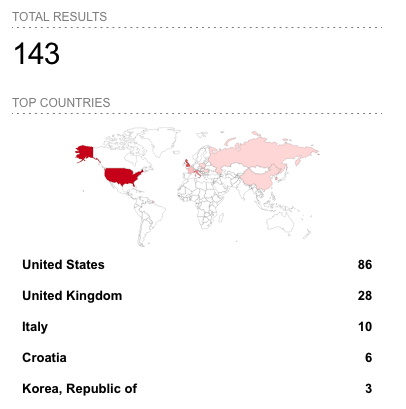IP cameras offered by a dozen vendors are exposed to remote attacks due to several serious vulnerabilities found in the firmware they all share, according to France-based cybersecurity firm RandoriSec.
RandoriSec researchers discovered many critical and high-severity vulnerabilities in IP camera firmware made by UDP Technology, a South Korea-based company that provides digital video solutions for the security and IP surveillance industries.
The cybersecurity company published a blog post detailing its findings earlier this month and on Tuesday the U.S. Cybersecurity and Infrastructure Security Agency (CISA) also released an advisory to warn users about the risks posed by these vulnerabilities.
RandoriSec has been finding vulnerabilities in UDP Technology firmware since 2017. The latest research conducted by the company resulted in the discovery of 11 remote code execution flaws and one authentication bypass issue. An unauthenticated attacker can exploit the flaws to take complete control of targeted cameras.
While the vulnerabilities were identified during the analysis of IP cameras offered by Germany-based video management solutions provider Geutebrück, RandoriSec founder Davy Douhine told SecurityWeek they are confident that IP cameras from all the other vendors using the UDP Technology firmware are also affected.
In a blog post detailing its findings, RandoriSec lists Ganz, Visualint, Cap, THRIVE Intelligence, Sophus, VCA, TripCorps, Sprinx Technologies, Smartec and Riva as vendors using UDP firmware.
Douhine said the authentication bypass vulnerability they’ve found can be used to hack impacted IP cameras directly from the internet. He shared with SecurityWeek a Shodan search query that shows over 140 internet-exposed devices, mainly in the United States and United Kingdom.

The cybersecurity firm has been creating Metasploit modules for exploiting the UDP vulnerabilities — the initial Metasploit modules were released in an effort to “wake up” the vendor, but it did not have the desired effect.
RandoriSec is currently preparing several other Metasploit modules for the vulnerabilities it found, including a post-exploitation module that can be used to freeze the targeted camera or to inject arbitrary images, “like in movies.”
“We’re proud of this last one because it seems to be the first of its kind in Metasploit,” Douhine said via email.
RandoriSec says UDP Technology never responded to its notification attempts, but the company did release patches after being informed of the vulnerabilities through Geutebruck. The patches have been made available by Geutebruck to its customers and the cybersecurity firm believes other impacted camera vendors also received the fixes, but it could not confirm this.
SecurityWeek has reached out to UDP Technology for comment and will update this article if the company responds.
Related: TP-Link Patches Multiple Vulnerabilities in NC Cloud Cameras
Related: Vulnerabilities Impact Multiple Rittal Products Due to Use of Same Firmware
Related: Surveillance Cameras From 70 Vendors Vulnerable to Remote Hacking














